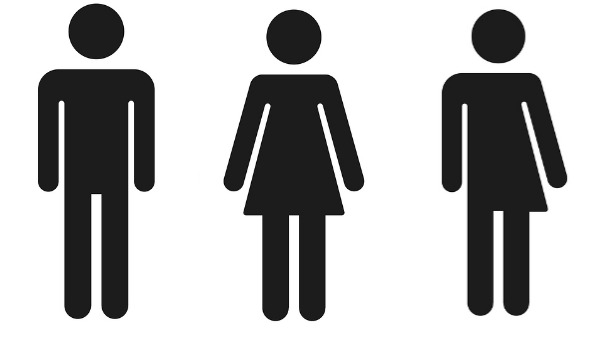
We bring you five new conversation starters from the first week of a brand new year.
Here’s to hoping it’s less controversial than 2016!
Deep Space Radio Signals Deciphered
This week, scientists finally discovered the source of some strange radio signals emanating from the farthest reaches of space. Unfortunately, it’s probably not aliens. The educated guesses of astronomers range from pulsating neutron star to “the death pulses of a black hole.” The signals are reported to come from a dwarf galaxy more than 3 billion light-years away from us.
Coca-Cola Facing Lawsuits
Public health activists are comparing Coca-Cola to the tobacco industry in this recent lawsuit. Apparently, Coca-Cola might be forced to drop ad campaigns that are “intentionally confusing children and the public” about the health hazards of consuming soda. The company is being called out for their contradictory behavior of recruiting youngsters to latch onto the sugary cola brand while claiming that they’re still fighting obesity, diabetes, and heart disease.
Texas Files Bill to Restrict Transgender Bathroom Use
A recent bill in Texas has been filed to keep government buildings and public school bathrooms in-line with “biological sex.” According to the New York Times, the decision has met with much backlash and boycotts from “companies, entertainers, sports events and gay rights group.” The Times also predicts that a pass on the bill will produce an economic loss to Texas, “ranging from $964 million to $8.5 billion.”
High-Tech PJs Helps You Sleep Like Tom Brady
Inspired by Tom Brady’s elaborate bedtime ritual, Under Armour is unveiling a set of futuristic sleepwear that supposedly will help reduce recovery time for athletes. Using similar technology of the higher-end leggings that have become so fashionable at the gym lately, the fabrics are laced with anti-inflammatory ceramics and fibers. Under Armour is now selling the pajamas to the public somewhere between a hefty $80 and $100.
Cancer Deaths Have Dropped Since 1991
The American Cancer Society has reported that cancer deaths have dropped 25% since 1991. The drop is mostly due to better screening and better treatments, along with the fact that smoking is less popular than ever. However, the actual rate of cancer hasn’t dropped, meaning that the actual causes of cancer haven’t been figured out just yet. The report also makes special note that the 2010 Affordable Care Act has played a big part in helping screen cancer in time to make a difference.

